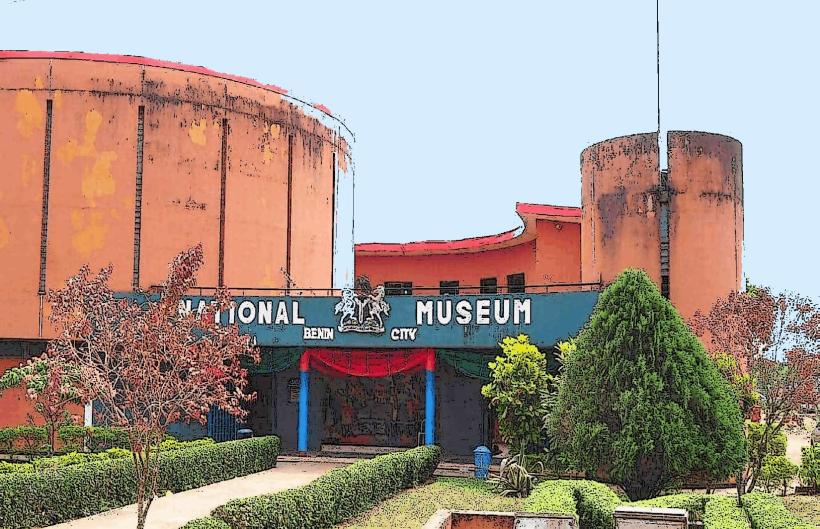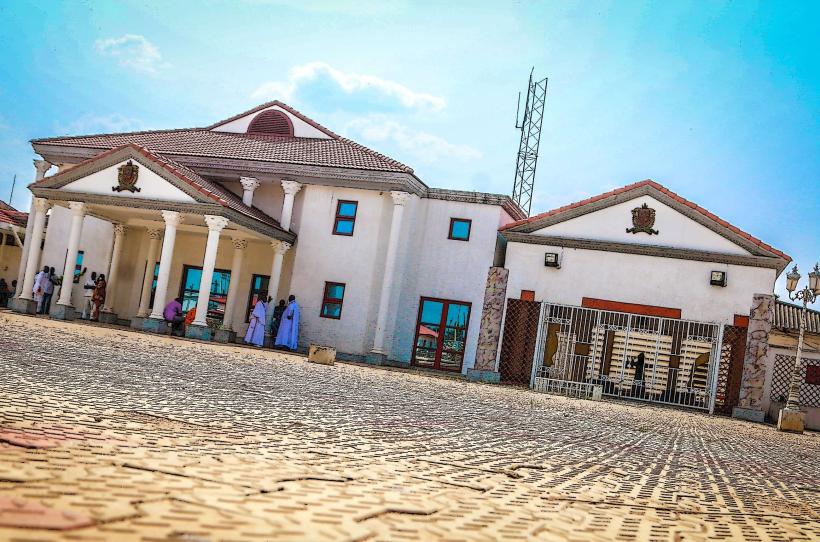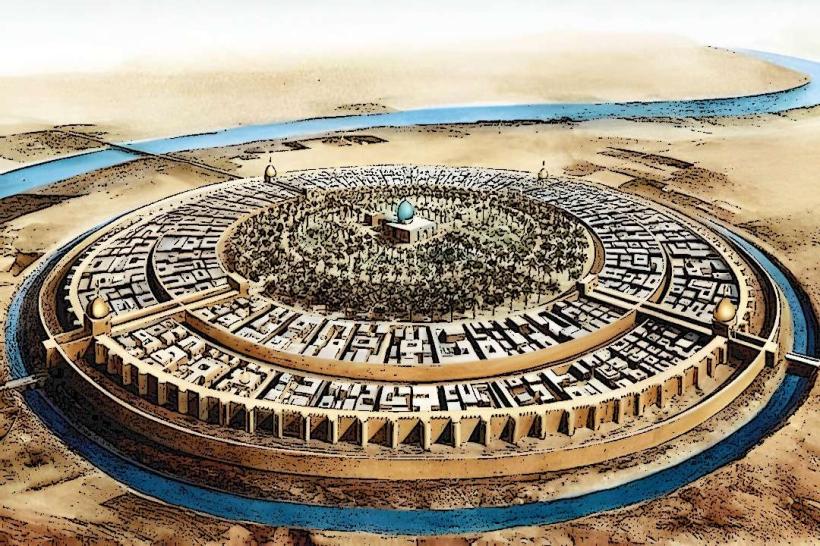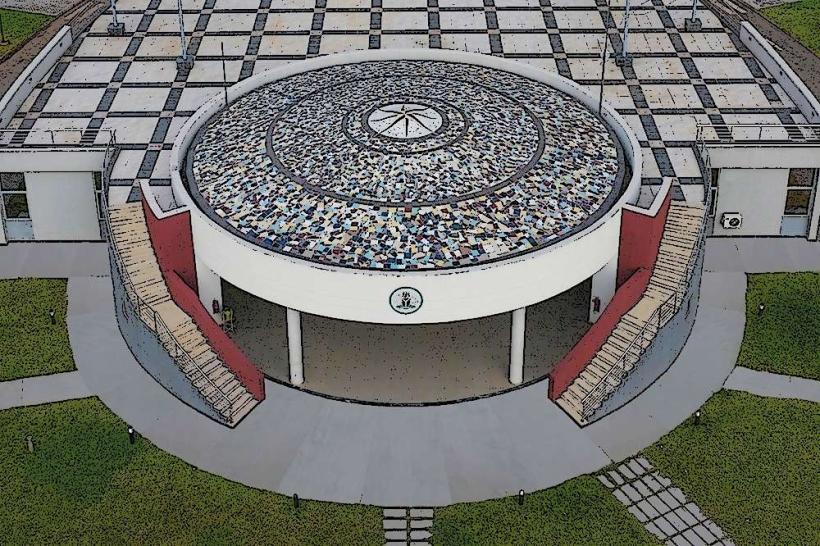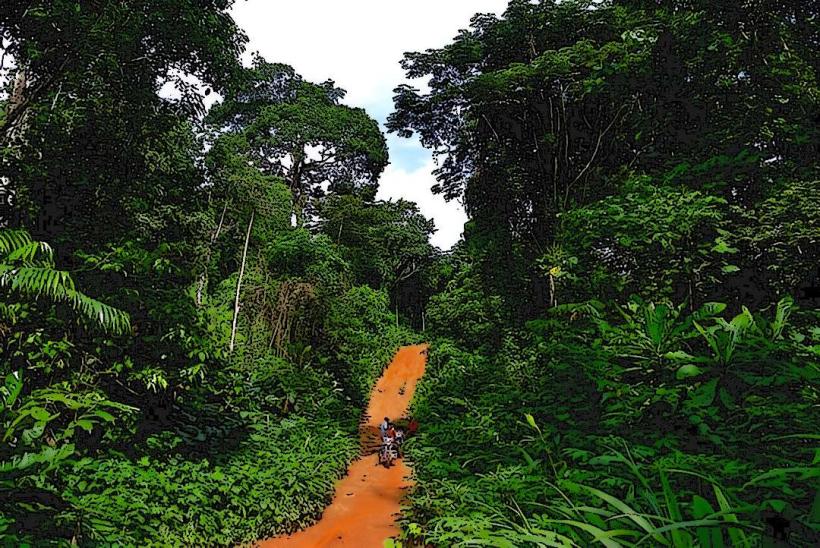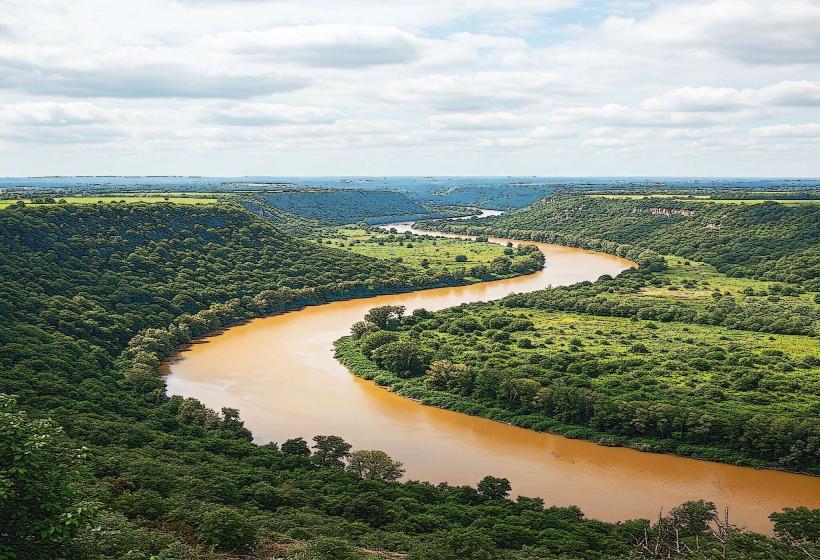Information
City: Benin CityCountry: Nigeria
Continent: Africa
Benin City, Nigeria, Africa
Benin City serves as the administrative capital of Edo State and the historical center of the ancient Benin Empire. It is located in southern Nigeria, situated approximately 320 kilometers east of Lagos and positioned inland within the tropical rainforest belt.
Historical Timeline
Founded as Igodomigodo around 400 BCE, the city became the seat of the Oba of Benin in the 12th century. It transitioned from a pre-colonial imperial power to a British colonial territory following the Punitive Expedition of 1897, which resulted in the looting of the Benin Bronzes and the burning of the royal palace. The most significant political reconstruction occurred post-1963 when it became the capital of the Mid-Western Region. The primary event shaping its current urban form was the 1897 destruction and subsequent colonial rebuilding of the city along a radial road network centered on the King's Square.
Demographics & Population
The metropolitan population is approximately 1,950,000 as of 2026. The population is predominantly Edo (Bini), with significant minorities of Esan, Afemai, and Urhobo peoples. The median age is approximately 18.6 years.
Urban Layout & Key Districts
The city is organized in a radial pattern originating from Ring Road (King's Square). Key districts include the Government Reserved Area (GRA) to the south, containing high-end residences and administrative offices; Uselu (Northwest), a major educational and commercial axis; and Ikpoba Hill (East), a high-density industrial and residential sector. The ancient city walls and moats, though partially eroded, still define the perimeter of the historic core.
Top City Landmarks
The Oba of Benin Palace
National Museum Benin City
The Benin Moats (Iya)
Igun Street (UNESCO Heritage site for bronze casting)
University of Benin (UNIBEN)
Transportation Network
Internal movement relies on a network of dual carriageways emanating from the city center. Transit is dominated by "Keke" (tricycles) and minibuses. Ride-sharing is available via Bolt and Uber. Official taxis are painted red and yellow. Traffic density is extreme at the Ring Road, Sapele Road, and Uselu Market corridors during peak hours.
Safety & "Red Zones"
The general safety level is moderate. Caution is advised in the Upper Sakponba and Ikpoba Hill areas at night due to reports of cult-related activities and petty theft. Travelers should avoid walking alone in the vicinity of the Benin Moats after dark. "One-chance" taxi scams are a reported risk; using verified ride-hailing apps is recommended.
Digital & Financial Infrastructure
Average internet speeds are 30–50 Mbps on 4G/5G networks. Main carriers are MTN, Airtel, and Glo. Card acceptance is high in the GRA and modern retail outlets along Airport Road; cash is necessary for transactions in Igun Street and local markets. ATMs are concentrated around Ring Road and Sapele Road.
Climate & Air Quality
Temperatures range from 22°C to 34°C. The city has a tropical rainforest climate with high humidity and a heavy rainy season from April to October. Air quality is generally moderate, though dust levels increase during the Harmattan (December–January), and vehicle emissions are high in the congested central business district.
Culture & Social Norms
Tipping is voluntary but common (5–10%). Respect for the Oba and the traditional hierarchy is mandatory; avoid discussing palace affairs disrespectfully. Dress code is conservative-professional in offices and elaborate-traditional for social functions (often involving heavy coral beads). Alcohol is widely available, but public smoking is restricted in government zones.
Accommodation Zones
Benin GRA: Recommended for high security, quiet streets, and proximity to the airport and government offices.
Ekewan Road/Ugbowo: Recommended for access to the university and a variety of mid-range dining options.
Local Cost Index
1 Espresso: ₦3,800 ($2.50)
1 Standard Lunch: ₦9,500 ($6.30)
1 Metro/Bus Ticket: ₦700 ($0.45) - Keke/Minibus rate.
Nearby Day Trips
Okomu National Park: 60 km (90 minutes)
Abraka Turf and Country Club: 95 km (110 minutes)
Gele-Gele Seaport (Historic site): 40 km (60 minutes)
Okada Wonderland: 55 km (70 minutes)
Facts & Legends
Benin City was one of the first cities in the world to have a form of street lighting, using large metal lamps fueled by palm oil in the pre-colonial era. A prominent local legend concerns the "Giant of the Moat," a spiritual guardian said to inhabit the ancient earthworks. It is believed that the moats were not just defensive but served as a mathematical fractal representation of the cosmos, and crossing them at certain points without the proper spiritual clearance was thought to bring bad luck to invaders.

